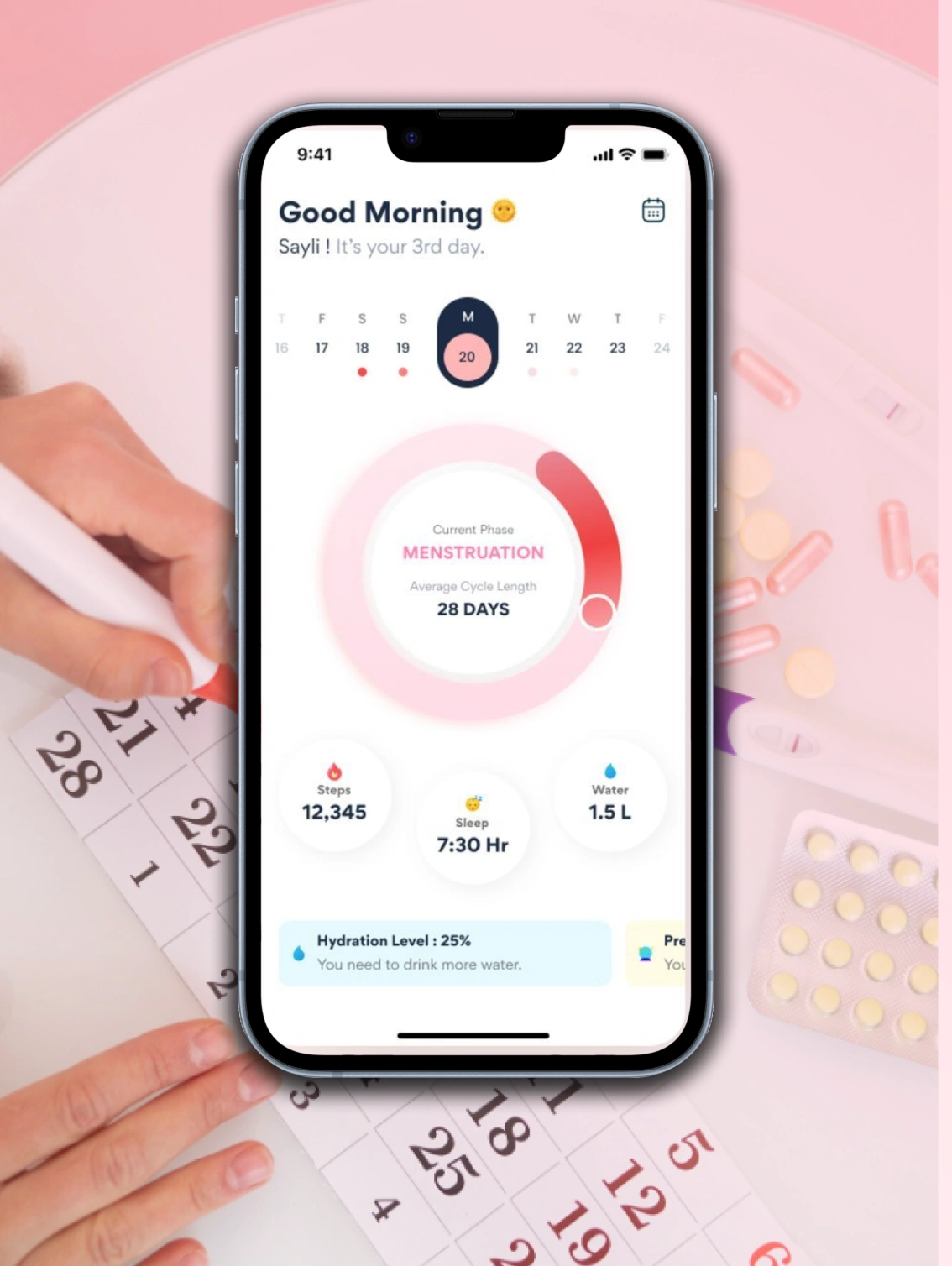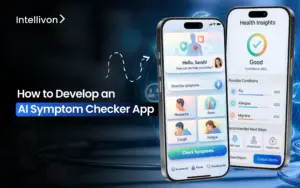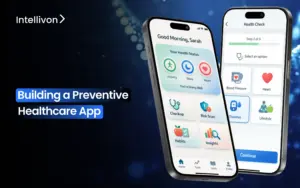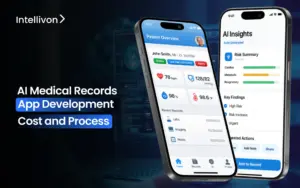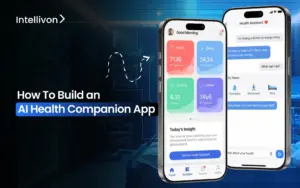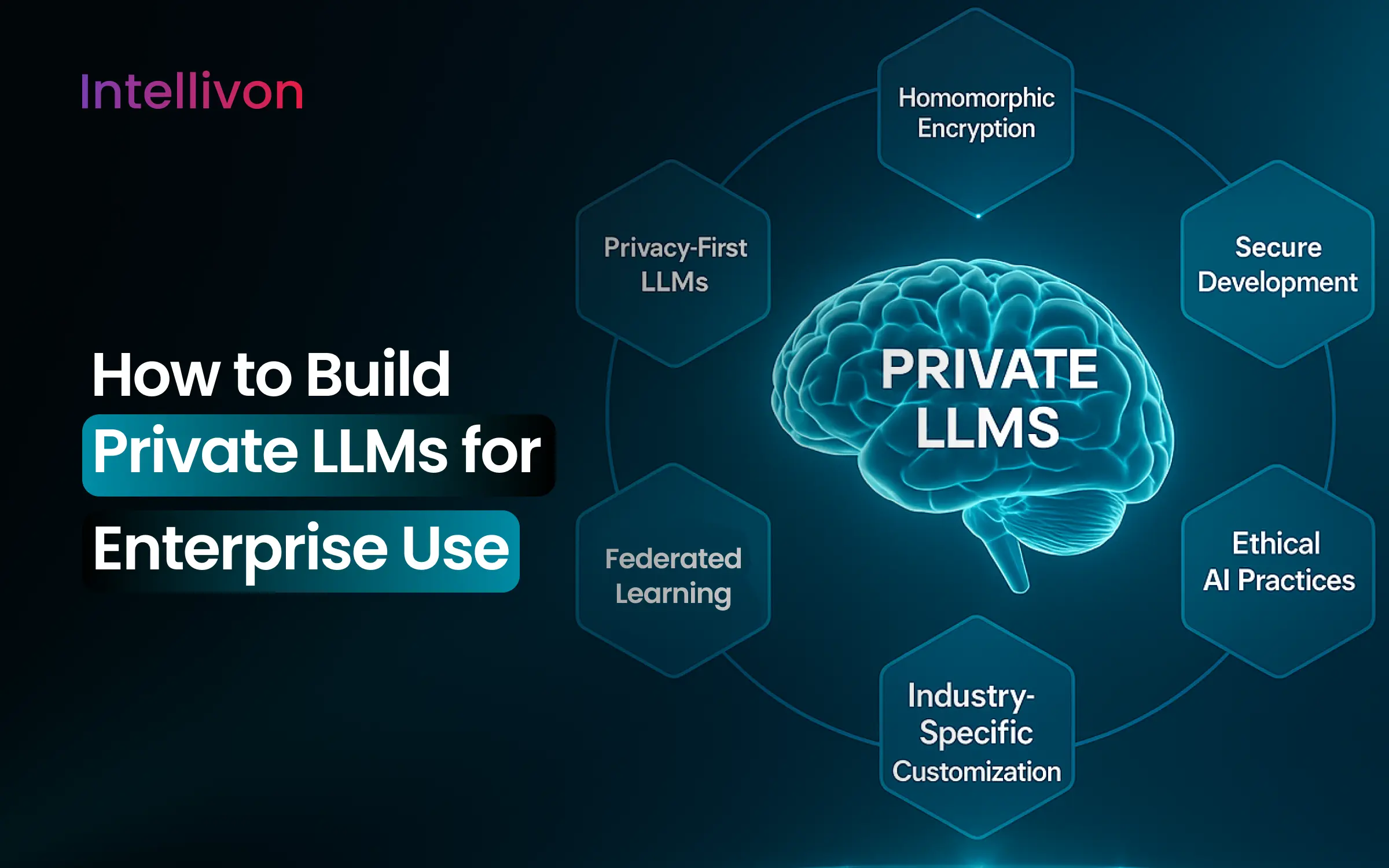
-
ServicesServices :AI/ML Engineering
- AI Development Services
- Enterprise AI Development
- AI Automation Services
- AI POC Development
- AI Engineers
- AI Chatbot Development
- Conversational AI Development
- Enterprise AI Chatbot
- AI Agent Development
- Machine Learning Development
- ML Model Engineering
- MLOps & ML Lifecycle Management
- MLOps Consulting Services
- Data Science
- Computer Vision Development
Gen AIDigital Product EngineeringCloud and DevOps EngineeringData EngineeringSmart Cybersecurity -
Industries
Industries :
Healthcare AI Solutions- Accelerated Drug Discovery
- Medical Claims Processing
- Personalized Treatment
- Clinical Decision Support
- Medical Imaging Intelligence
- Predictive Diagnosis/Forecasting
- Custom Healthcare Solutions
- Medical Research Support
- Remote Patient Monitoring
- Documentation Intelligence
- Patient Data Analytics
- Virtual Health Assistants
- Healthcare Fraud Detection
- Personalized Medicine Platforms
- Workforce Optimization
- Healthcare AI Agent
Fintech AI Solutions- AI-Powered Financial CRM
- Financial Operations & Reporting
- Portfolio Management Solutions
- Credit Risk Management
- Integrated Trading Solutions
- Regulatory Code Change
- Financial AI Agents
- Intelligent Customer Support
- Risk Assessment & Management
- Financial Analysis & Forecasting
- Market Insight Platforms
- Market Insight Platforms
- Underwriting & Pricing
- Financial Document Automation
- Personalized Financial Engines
Healthcare AI Solutions- Accelerated Drug Discovery
- Medical Claims Processing
- Personalized Treatment
- Clinical Decision Support
- Medical Imaging Intelligence
- Predictive Diagnosis/Forecasting
- Custom Healthcare Solutions
- Medical Research Support
- Remote Patient Monitoring
- Documentation Intelligence
- Patient Data Analytics
- Virtual Health Assistants
- Healthcare Fraud Detection
- Personalized Medicine Platforms
- Workforce Optimization
- Healthcare AI Agent
Retail AI Solutions- Augmented Analytics
- Enhanced Product Discovery
- Retail AI Agents
- Cashier-less Technology
- Inventory Management
- Retail Supply Chain Optimization
- Customer Segmentation
- Personalized Engagement
- Virtual Try-On Technology
- Customer Sentiment Analysis
- Predictive Maintenance
- Voice Ordering Systems
- Dynamic Pricing Solutions
Fintech AI Solutions- AI-Powered Financial CRM
- Financial Operations & Reporting
- Portfolio Management Solutions
- Credit Risk Management
- Integrated Trading Solutions
- Regulatory Code Change
- Financial AI Agents
- Intelligent Customer Support
- Risk Assessment & Management
- Financial Analysis & Forecasting
- Market Insight Platforms
- Market Insight Platforms
- Underwriting & Pricing
- Financial Document Automation
- Personalized Financial Engines
SaaS AI Solutions- AI Chatbots for ERP Systems
- Code Generation/Debugging
- Predictive Analytics Platforms
- AI Customer Service Chatbots
- Customer Data Analysis Tools
- Process Automation Solutions
- AI-Enhanced Product Development
- Customer Engagement/Retention
- AI-Powered API Integration
- Cybersecurity Threat Detection
- Intelligent SaaS Agent
- Automated Software Training
- Documentation Intelligence
- UI Design Generation
- Automated Testing
- Innovation Management
Travel AI Solutions- AI-Enhanced Customer Service
- Flight Forecasting
- Sentiment Analysis
- Data Analytics
- Language Translation Solutions
- Smart Baggage Handling
- Dynamic Pricing Solutions
- Occupancy Prediction
- Security & Check-In
- Dynamic Scheduling/Allocation
- Predictive Maintenance
- Travel AI Agents
- Fraud Detection & Cybersecurity
Fitness AI SolutionsInsurance AI Solutions- Automated Claims Processing
- Fraud Detection & Prevention
- Property Assessments
- Customer Service Chatbots
- Insurance AI Agents
- Predictive Analytics
- Claims Damage Assessment
- Personalized Insurance Planning
- Risk Assessment & Underwriting
- Customer Upsell & Cross-Sell
- Policy Document Generation
- Vehicle Damage Estimation
- Enhanced Routine Operations
Construction AI Solutions- 3D Construction Modeling
- Document & Plan Digitization
- Material & Equipment Recognition
- AI Blueprint Reader
- Estimations and Bidding
- Predictive Maintenance
- Automated Quality Control
- Generative Design
- Project Management
- Construction Drawings Analysis
- Supply Chain Management
- Site Safety Monitoring
- Compliance Monitoring
- Scheduling & Resource Allocation
Manufacturing AI Solutions- AI-Powered 3D Printing
- Inventory Management
- Product Design and Simulation
- AI-Powered Digital Twin
- Machine Data Monitoring
- Product Development & QA
- Automated Quotation
- Manufacturing AI Agents
- Quality Control & Inspection
- Customer Service Automation
- Predictive Maintenance
- Supply Chain Optimization
- Document Search & Synthesis
- Product Catalog Discovery
- Visual Inspection Solutions
Food AI Solutions- AI Phone Answering
- Food Safety & Risk Assessment
- Product Development & Innovation
- Automated Inspection & QC
- Integrated Inventory & Purchasing
- Smart Labeling
- Compliance Analysis
- Personalized Nutrition Plans
- Smarter Staffing & Scheduling
- Customer Experience Enhancement
- Price Forecasts
- Supply Chain Management
- Food Processing
-
Resources







